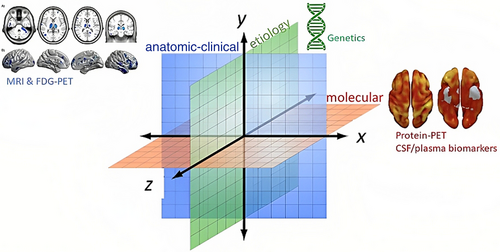Here, we demonstrate that cosmic time emerges from holographic entropy in Unified Quantum Gravity (UQG). Through numerical analysis of the Friedmann equations and Bekenstein-Hawking entropy, we establish that physical time t is mathematically equivalent to the square root of cosmic horizon entropy SH in the matter-dominated era: t∝SH with correlation coefficient R2=0.9993. In the dark energy-dominated era, this relationship breaks down as entropy saturates, with the time-entropy exponent γ increasing from 0.5 to 0.772. Asymptotic analysis reveals that γ→1 in the far future, indicating convergence to a thermodynamic equilibrium state (De Sitter phase) rather than thermal death. This result operationalizes the profound claim that time emerges from entropy,'' providing a concrete mathematical framework where time is not a fundamental coordinate but a counter of quantum states. The transition from $\gamma = 0.5$ to $\gamma = 1$ represents a cosmic phase transition from computational efficiency (matter era) to thermodynamic stability (dark energy era), with the universe evolving toward a thermodynamic time crystal''---a stable state where time flows but entropy remains constant. Our analysis bridges thermodynamics and general relativity, offering a new perspective on the arrow of time and the ultimate fate of the universe.

